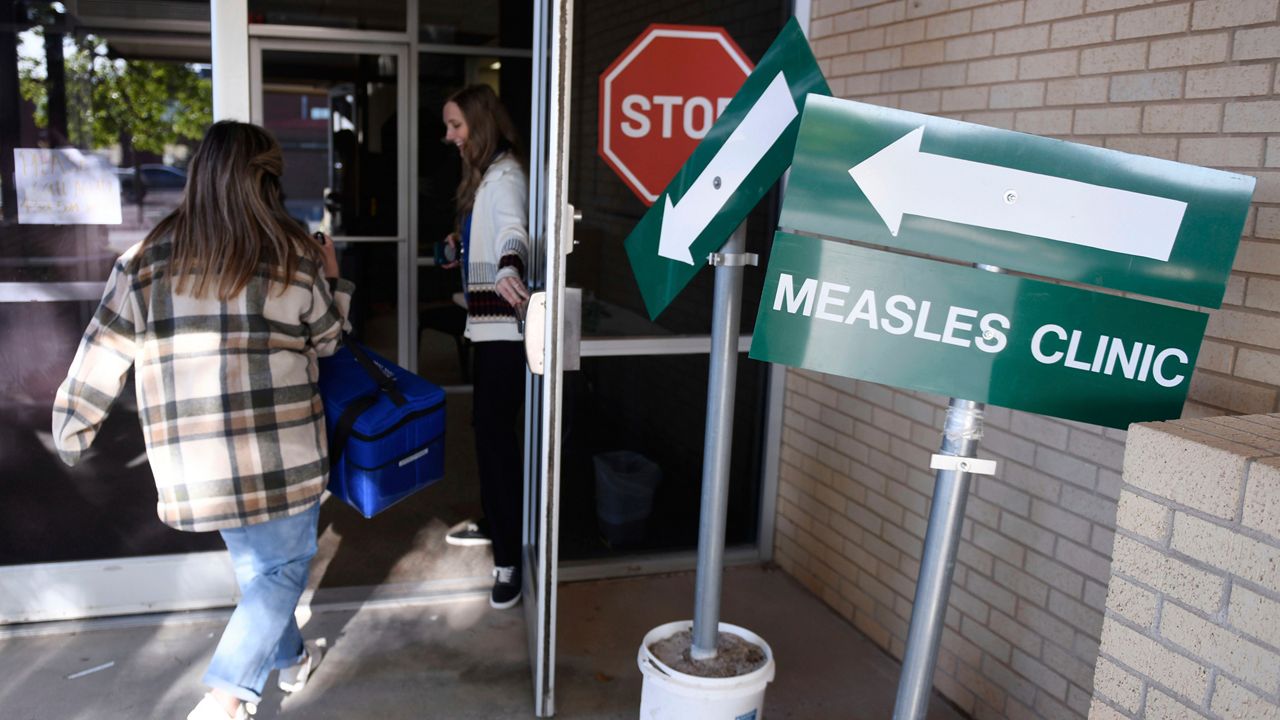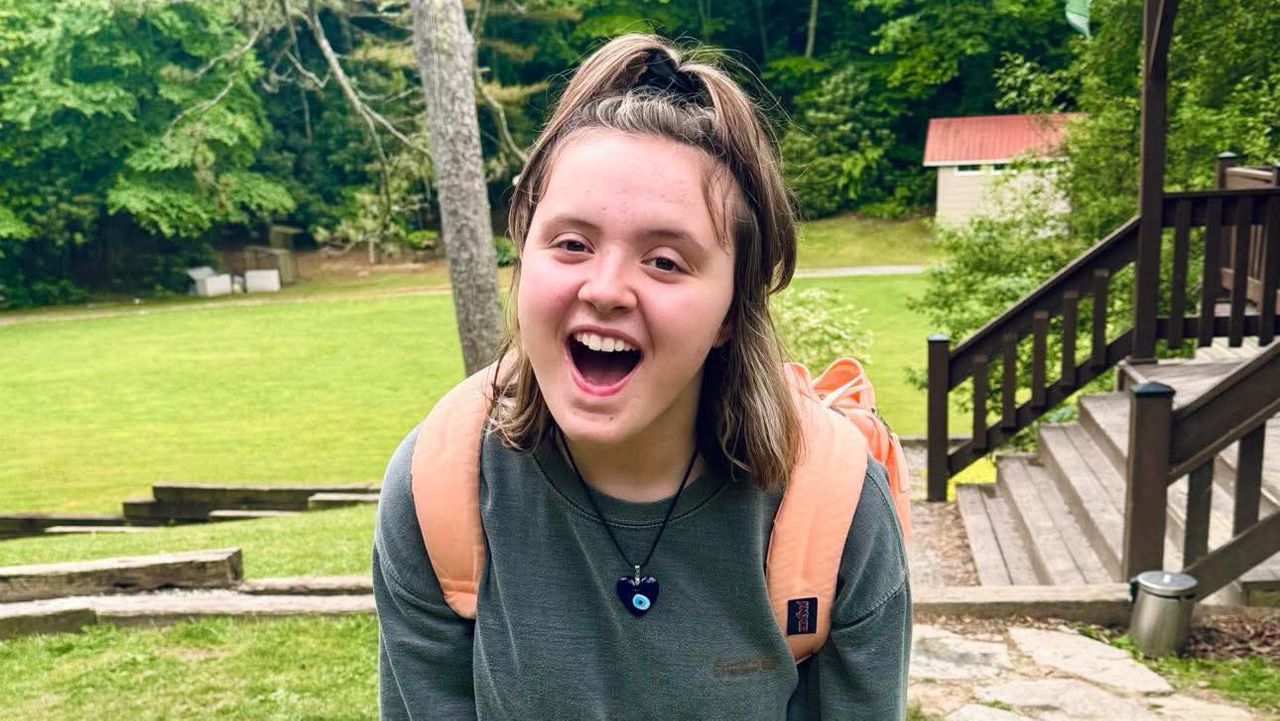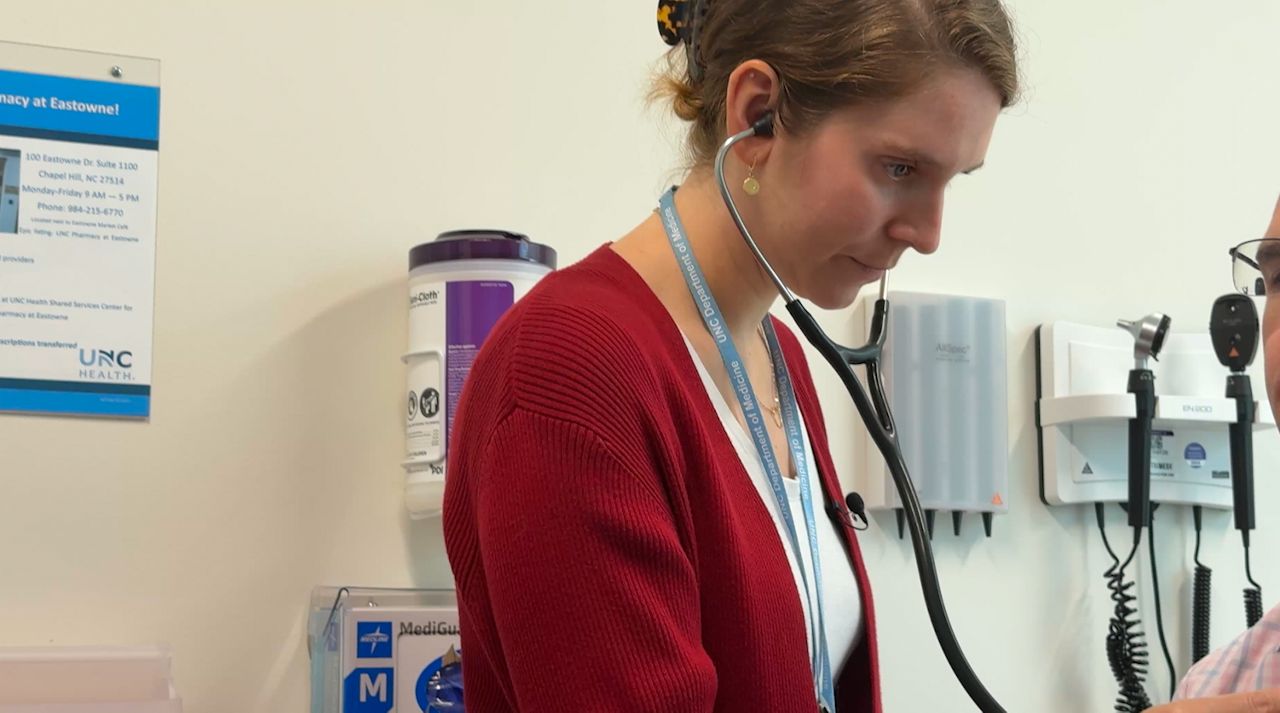CHAPEL HILL, N.C. — The University of North Carolina has led the way in helping people experiencing autism navigate their lives more successfully from infancy into adulthood.
The UNC TEACCH Autism Program helps adults on the spectrum become independent enough to find and keep a job.
David Moser is a graduate of UNC and a product of the TEACCH employment services wing, where he now works.
“This is me right here in my office,” Moser said as he walked up to his corner office cubicle. “It’s a very interesting job. I try to turn everything around by close of business at 5 o’clock.”
The 58-year-old feels at home processing business expenses as an account technician who also happens to be on the autism spectrum.
“I really, really wanted to do my best at this job to fit in here and stay here because I am somewhat Tar Heel strong. I love Carolina,” Moser said.“I really, really wanted to do my best at this job to fit in here and stay here because I am somewhat Tar Heel strong. I love Carolina,” Moser said.
TEACCH stands for the treatment and education of autistic and communication-handicapped children. The autism program was founded in 1972. Chapel Hill is a mothership to six other regional centers across the state.
The model establishes a lifelong commitment to people living with autism spectrum disorder and their families. The university-based system offers examples of clinical resources, like consultation, education and evidence-based interventions. The employment services department helps autistic adults build independence by finding and keeping a job.
“I have a reason to get up in the morning, a reason to see folks you know and be in the community, and a lot of self-confidence. I got a lot of self-confidence out of that,” he said.
Moser said the program helped his mother and father adapt their parenting style and he believes it can benefit other families, too
“We pioneered all of that here at TEACCH and I just feel like I am part of something good, a program I can get behind and I can just throw myself into it. They say if your job, if you stay long enough in a job or a career, becomes part of you and this is very much a part of me,” Moser said.
Dr. Laura Klinger is the executive director of TEACCH.
“Our employment services both coach the employee who has a diagnosis of autism, but also coaches the supervisor to understand the learning differences of their employee,” Klinger said.
Klinger’s work focuses on spotting and propping up services for people on the autism spectrum from the early years of adulthood through the aging process.
“We have about 500 autistic adults that we provide sort of coaching to the adult employee, but also coaching to the employer about how to support a neurodiverse workforce,” Klinger said.
She said much progress has been made in diagnosing autism but more needs to be made to change how a widely known neurological condition keeps receiving a behavioral diagnosis.
“For the most part, people are not diagnosed until they start to show those behavioral symptoms,” she said.
Moser considers himself a living, breathing example of the program's mission. Moser said employment enhances the quality of life for adults on the spectrum because it gives them purpose, creates belonging and makes them feel welcome.
“This was my community. This is my alma mater. This is my home. I’m a Tar Heel and I’m going to do my best work for a program that is helping people on the spectrum like myself throughout the state and around the country and around the world,” Moser said.








